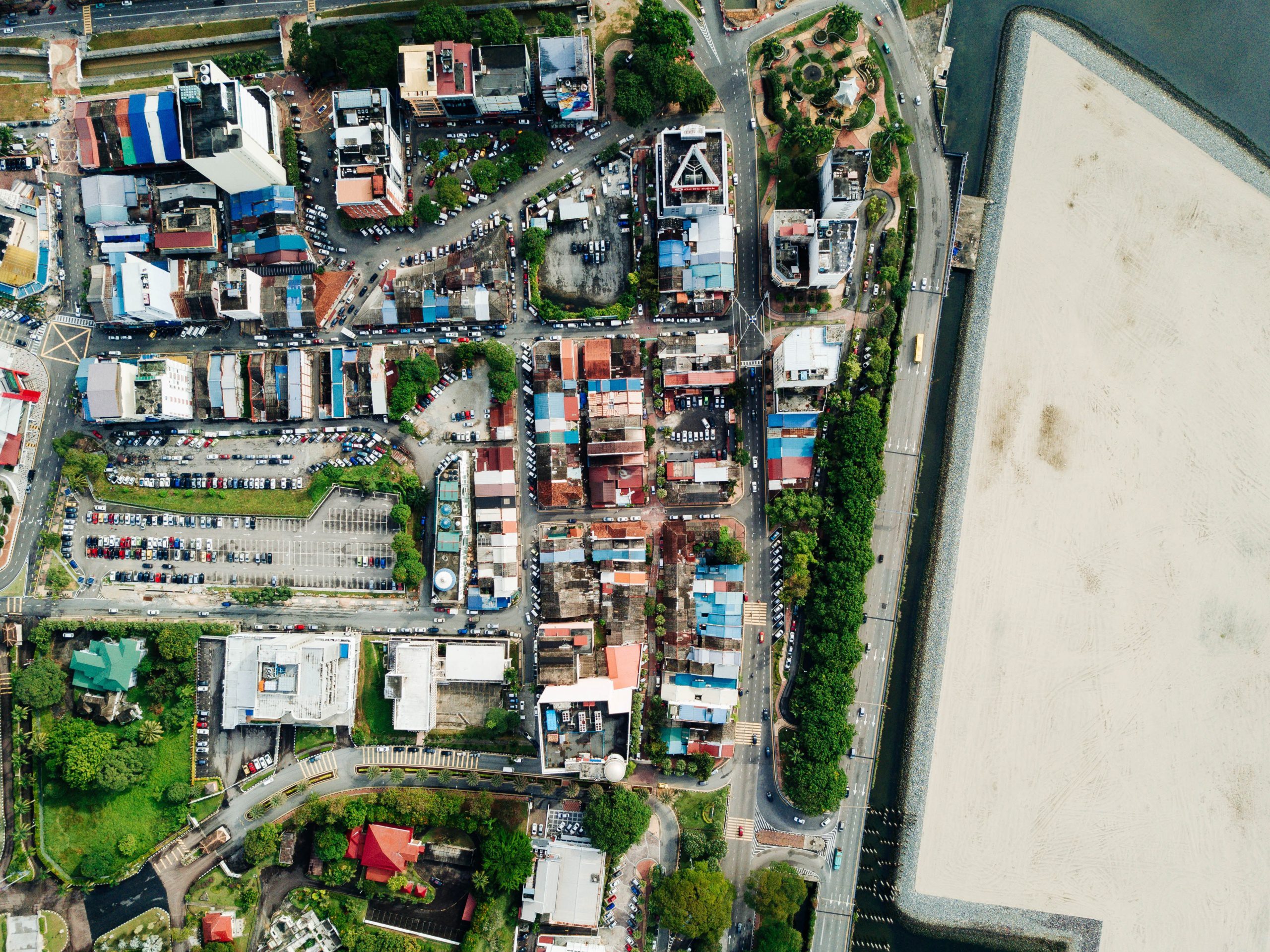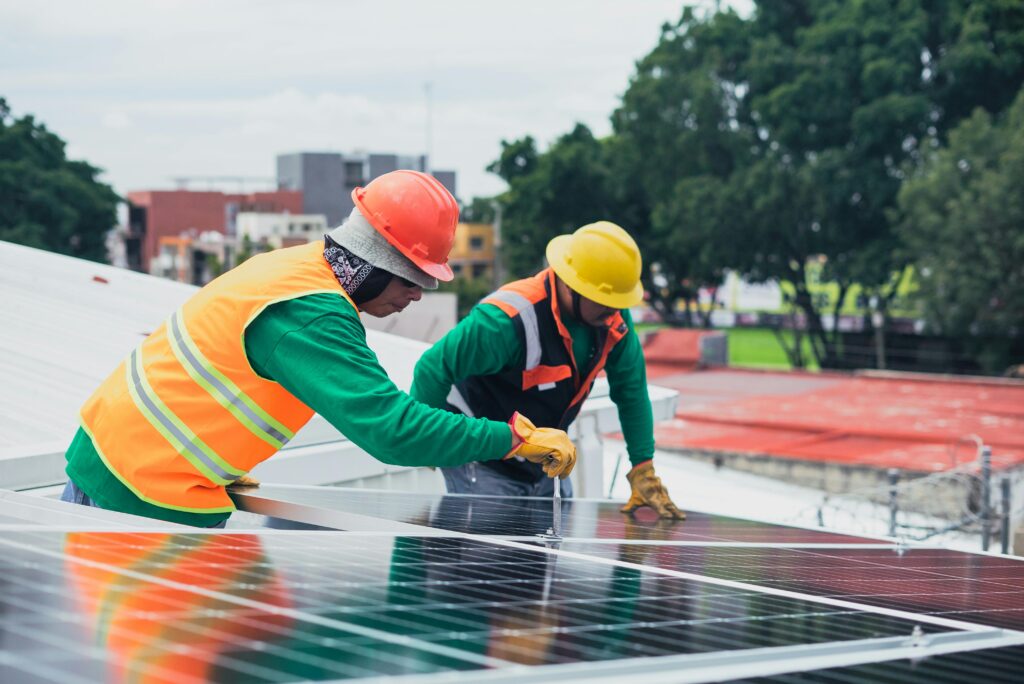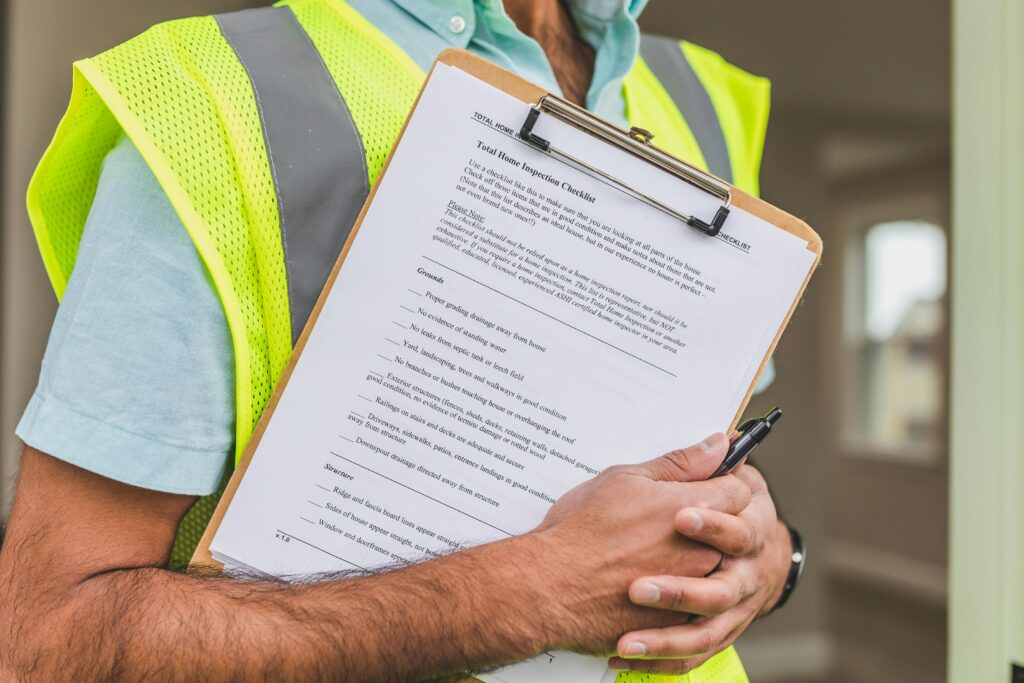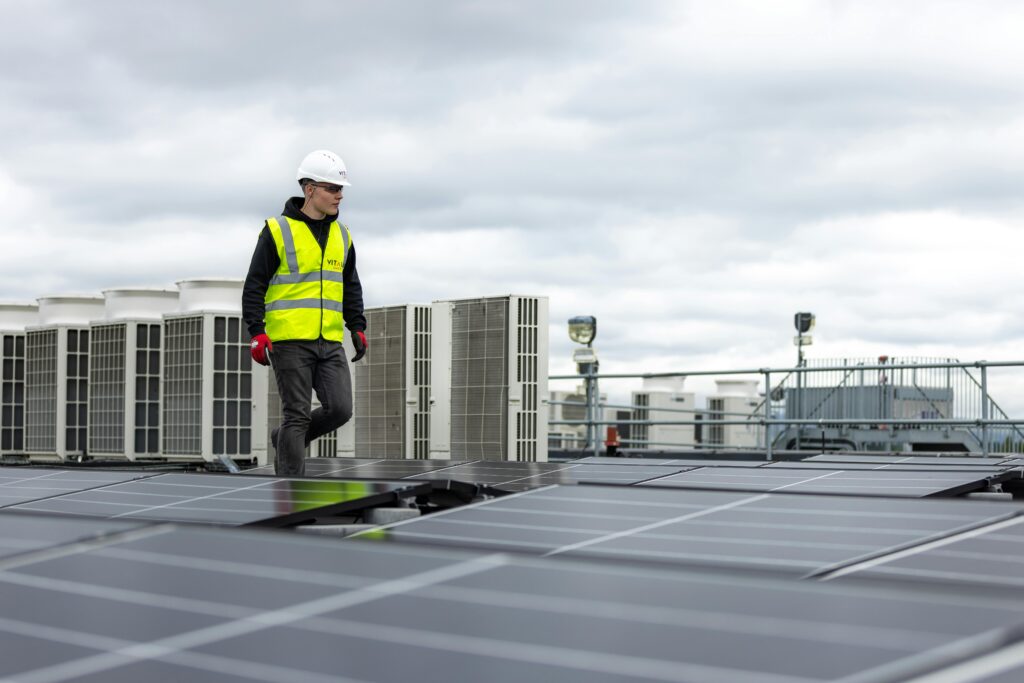Commercial and industrial roofing systems have some similarities. For example, these roofs tend to be flat and cover large buildings. Therefore, many of the same materials used in commercial roofing are also used in industrial roofing. These include TPO, PVC, modified bitumen, and EPDM.
However, commercial and industrial roofing does have some differences that are important to consider. Below are the key differences between the commercial and industrial roofing sectors that you should know about.
Industrial Roofing: More Challenging Environments
Although commercial roofing systems certainly have their challenges, industrial roofing systems tend to have even more because of the environments they create.
Industrial buildings may have very hot indoor environments or those that manufacture or handle chemicals or corrosive agents. They can also include food manufacturing environments that handle oils.
As such, industrial roofing materials must be robust enough to withstand potential damage from heat, oils, or chemicals. The best material will vary for each property depending on the environment.
Commercial Roofing: Can Include Traditional Materials
Industrial roofing almost always requires single-ply membranes or asphalt-based flat roofing options. However, commercial roofs can include more traditional materials such as asphalt shingles or metal that are used in residential roofing systems.
These materials are more common on commercial properties than industrial ones. Generally, industrial systems are too large and may have harsh manufacturing environments that make robust materials necessary for proper performance and longevity.
Industrial Roofing: Extensive Roofing Systems
Industrial roofing systems cover very large buildings—20,000 square feet or larger. Therefore, the roofing systems on these buildings will be extensive, which means more area to cover and more places for potential problems on the roof.
As such, it’s imperative to have a well-maintained system and schedule regular inspections with an industrial roofer. They can identify and repair damage that may go unseen but lead to larger problems down the line.
The size of industrial roofs also means that installation and repairs can take longer and be more expensive than traditional commercial roofing systems.
Commercial Roofing: May Be Connected to Other Roofs
Whereas industrial properties are so large that they tend to stand apart from other buildings, commercial properties may be connected. For example, think of a strip mall or an office building in a city.
Proper drainage solutions are imperative for any roofing system. Depending on the drainage methods used for the neighboring roofs, the drainage system on a commercial property connected to other buildings may be more sophisticated or challenging.
Since industrial buildings tend to stand alone, the interior or exterior gutter system can be designed as necessary to ensure proper drainage and reduce roofing damage.
Do You Have a Commercial or Industrial Roof?
Both commercial and industrial roofing systems require robust materials with professional installation to ensure the best performance and maximum longevity. If you need a trusted commercial or industrial roofer in Charlotte, contact CDS Roofing to book your free estimate. We have been serving some of the largest properties in the area for over three decades. We have the experience and industry-leading materials you need to protect your investment.




